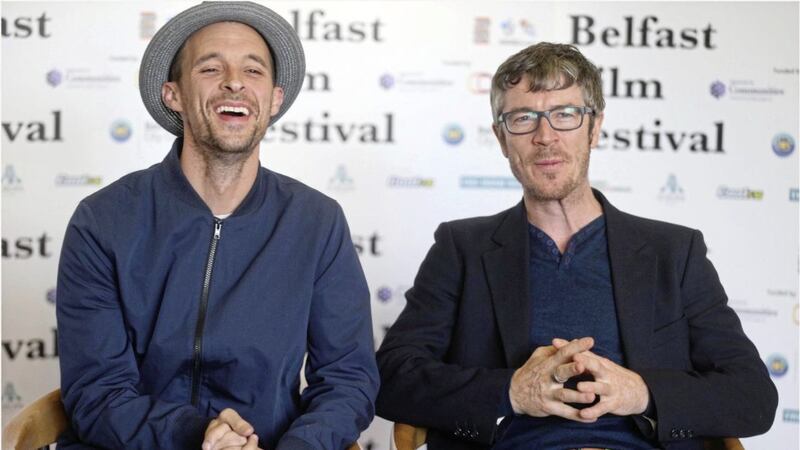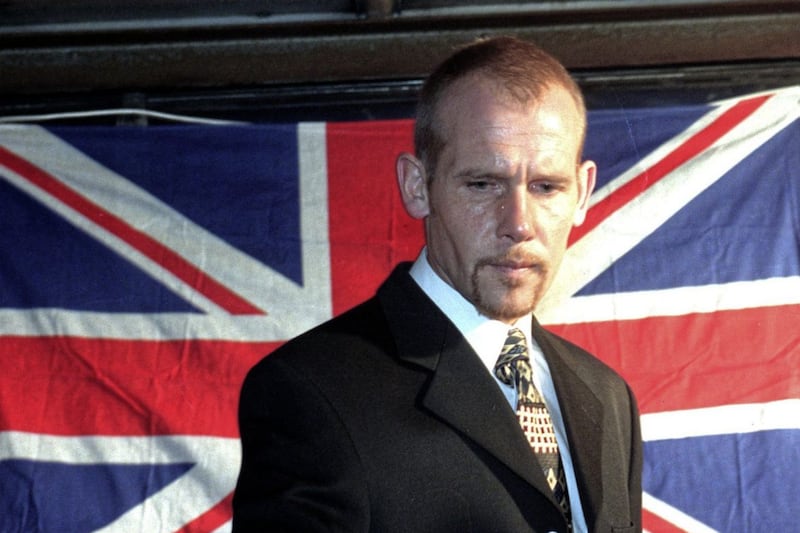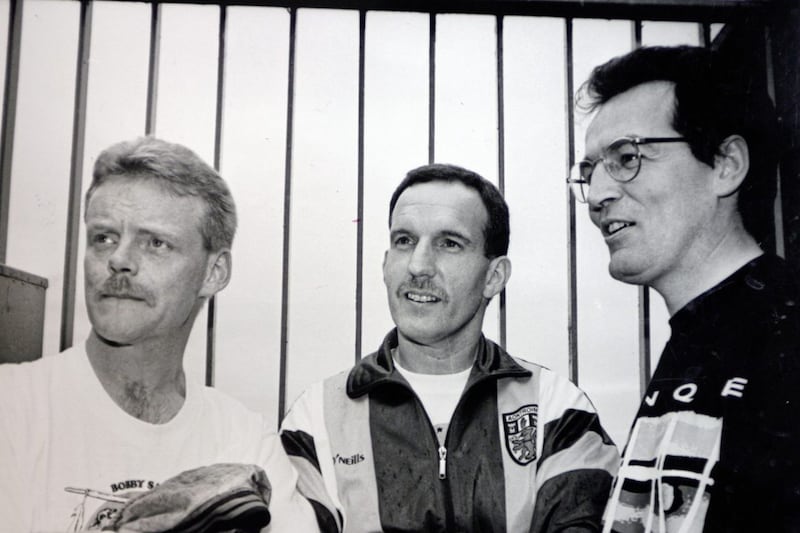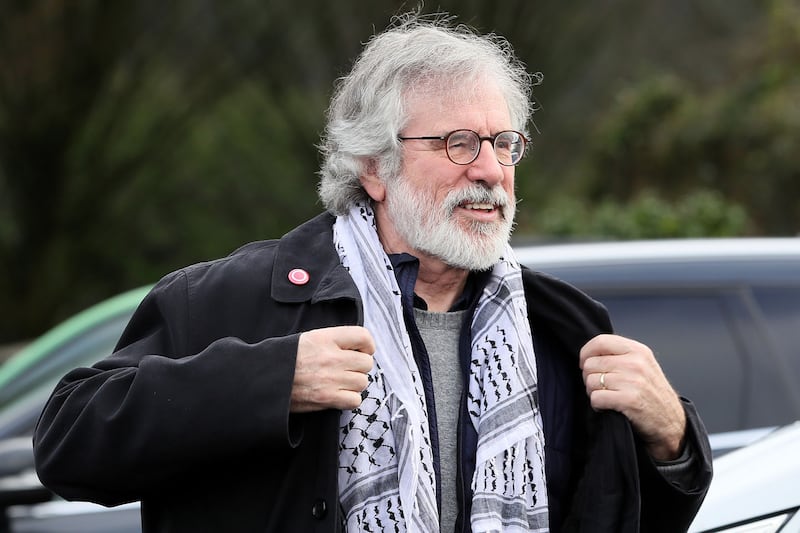A film about the IRA's Maze prison escape shows that dialogue is the best way forward, the lead actor has said.
Tom Vaughan-Lawlor plays the republican prisoner who organised the biggest jail break in British prison history in 1983, when 38 inmates fled one of the highest security prisons in Europe.
Entitled Maze, it centres on the relationship between Vaughan Lawlor and a warder acted by Barry Ward.
Vaughan-Lawlor met many of the escapees while researching the part and said the "dance" between the characters helped show talking was the best way forward.
"I don't mean that in a flippant way, I just mean people being in rooms, talking face to face, and reading each other's sensibilities and flaws and weaknesses and fears and listening, and that is the journey of this film," he said.
"That it charts that journey of two men who are brought together and realise that dialogue reflects back on you, your own shortcomings and your own strengths and how that can hopefully bring about the resolution of conflict."
The film received its Northern Ireland premiere in Belfast on Thursday.
In the movie, a warder is befriended by a prisoner trying to better understand prison procedures and identify weaknesses which could allow an escape, but who is also depicted as wanting a better future for his family.
The prison officer is rendered a virtual prisoner at home after a failed attack while out with his family, leaving him in need of enhanced security.
Vaughan-Lawlor said the "commonality" between the pair was shown without them necessarily understanding or realising it themselves.
Their family lives were mirrored in the effect their political choices had on their loved ones, the ordeal they endured while they were inside the famous H-Blocks outside Belfast, he said.
"There is counterpoint between the two characters but there always is very great common ground and that that dialogue is this kind of dance of them trying to understand each other," he said.
Barry Ward said they forced each other to self-reflect.
In real life, one prison officer was killed and another seriously injured during the episode.
Vaughan-Lawlor said it was not a sentimentalised or dewy-eyed account.
"There is detail and complexity and rigour and frustration and it is always an ongoing dialogue."
He said it was not a piece of propaganda.
"The heart of the film for me is this relationship and if that was not there and it was just a straight story about a prison escape I would not have had any interest in doing it, because it would have been a very slight, insensitive, boring film."
It was about understanding that dialogue is fundamentally the best way forward, he said.
"That until people sit down and speak to each other and see the humanity in each other, that that is the only way to progress.
"And what I think is clever about this film is that it has a universality, in that unfortunately conflicts everywhere in the world have similarities and the potential to resolve always comes down to people sitting in a room, having a cup of tea and conversing."
Vaughan-Lawlor is best-known for his role in the RTÉ series Love/Hate.––––








